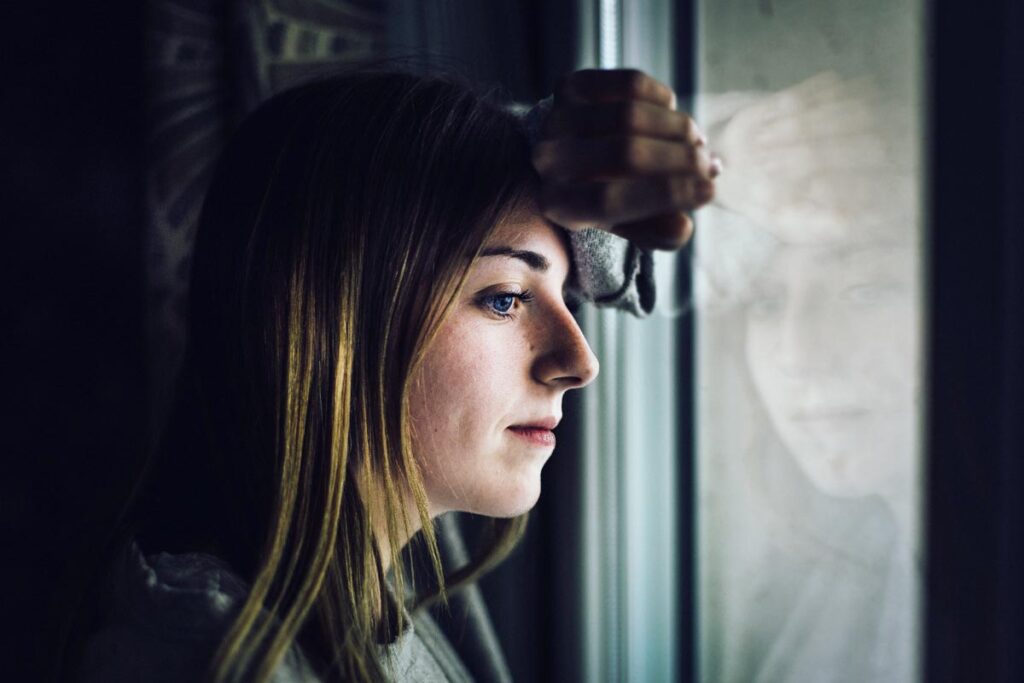
Over 40.2 million Americans struggle with a substance use disorder. Of those, some 4 million people received substance use treatment of any kind in 2021. Yet, for many people, attending substance abuse treatment doesn’t mean immediate recovery. Instead, people going to rehab often relapse – with many doing so several times before finally getting clean and sober for the long-term.
If that sounds like you, you’re far from alone. An estimated 85% of all people attending rehab relapse at least once. Those who go on to successfully stay clean and sober usually attend more therapy, work on triggers, and continue to build support networks. If you keep relapsing, chances are you have more things to work on, more to improve, and should work on finding better ways to take care of yourself.
The following include 7 of the reasons you may be relapsing:
1. Stress
Stress is considered the number one cause of relapse. It’s also a primary cause of addiction in the first place. If you work in a stressful job, are overburdened at school or at home, or struggle with anxiety and time management, stress may be triggering you into relapse.
Here, learning stress management can help. Many addiction treatment programs use stress management, mindfulness, mindfulness-based stress reduction methods, and other similar programs as complementary therapy. That’s because reducing stress by improving how you handle stress is a very good tactic to improving your life.
In some cases, it’s also valid to look for ways to reduce stress in your life. That might mean cutting out family members, looking for help with household chores, working out how to take fewer hours at work or moving into a less stressful job. Not all of these options will be available to everyone. However, if you can reduce stress in your life, you also reduce your chances of relapse.
2. Triggers
Most of use can be triggered into relapse by sights, sounds, smells, people, and places. In early recovery, many counselors take the approach of using avoidance first while you build up your mental health. Then, light exposure therapy with ongoing support can help you to reaccustom yourself to triggers.
Here, it’s also important to know your triggers. If you have had a drinking problem in the past, it’s easy to guess that the smell of alcohol might trigger you into drinking. But, you might be less likely to identify someone you used to drink with. Or a street corner you’d hang out on while waiting for a bar to open. Or a family member.
Understanding your triggers can help you to develop coping mechanisms. It can also help you to work out how to delay or work around those triggers as they happen. For example, if you know that going out to dinner with family will trigger you into wanting alcohol, you can decide upfront if you want to go or not, how to say no, and how to ask for help and who to ask it from.
3. Romanticizing “Good Times”
People very often relapse when something good happens. That might be a wedding, a promotion, a baby, or any other good news. However, experiencing good news very often triggers us into wanting to celebrate. And, we turn to the “good times” we had when drinking or using. If you catch yourself romanticizing feeling high, getting to let loose, or having a good time, you are setting yourself up for a relapse. It’s also especially important to seek out help and extra support during good times.
Ready to Start A New Life?
Our hands-on approach, compassionate staff, and home-like environment are here for you. Call us today.
4. Overconfidence
Many of us go into recovery with trepidation, understanding that it will be difficult. Once you get over the first three months, the worst is over. But, that can often result in overconfidence and relapse. For example, most cigarette smokers make it through the worst of withdrawal symptoms again and again (smokers who try to quit do so up to 32 times before succeeding). Once the worst of withdrawal is over, they convince themselves they’ve proved they’re strong enough to have just one cigarette – and they relapse.
That same thing can happen with drug and alcohol addiction, where you make it through the worst of recovery and then convince yourself you’ve proved you can do it. From there, you might decide to binge once, to have alcohol at parties, or to use on occasion. But, it’s still your addiction pushing you to keep using.

5. Untreated Problems
Addiction and substance abuse are very often symptoms of underlying problems. These may include stress, trauma, mental health problems, or social problems. However, if you don’t treat them, the original cause of your substance abuse is still there. So, instead of quitting drugs and alcohol and getting better, you’ll be quitting drugs and alcohol and going back to “before” drugs and alcohol, except with new problems as well.
That’s why many modern drug and alcohol treatment programs focus on assessing and treating the underlying problems behind substance abuse. That can involve working with you to treat mental illnesses, to treat trauma, and to improve behavior patterns so that you can live a healthy life.
6. Lack of Support Meetings
People need each other, whether they’re healthy or not. Family, friends, and 12-Step groups like AA or NA, or SMART Recovery exist to offer those support networks. For many of us, leaving addiction treatment can mean having to rebuild our lives. If you leave it that way without support networks, friends, social circles, and people you can talk to, you will likely relapse.
Even going to weekly self-help groups to talk, to meet others, and to get social accountability can improve your chances of sobriety. That’s more true when you invest in others, in building your life with others, and have valid, social reasons to stay clean and sober.
7. Dropping Routines
Good routines and habits support sobriety. Those routines may be as simple as eating well and exercising a few times a week to make sure you stay happy. They may also include self-care, taking care of your home, stress reduction, or social outings. Most rehab and drug addiction treatment programs help you to build them by starting you on daily exercise and hobbies.
When you start dropping those routines, you’re dropping the structure that’s supporting your recovery. Here, it’s okay to stop doing one thing and to replace it with something else that adds the same. However, it’s important to ensure that you maintain your habits where they support you.
Eventually, people relapse for very diverse and personal reasons. Yours might not be on this list. They might also include variations of things on this list. If you’re struggling to stay sober, the best option is likely to ensure you have ongoing support to help you discover those reasons, to find solutions, and to find long-term coping mechanisms. That might be ongoing therapy and support, it might be sober living, and it might be ongoing stays in a rehab center. What works for you will depend on your mental state, your addiction, and your patterns.
If you or a loved one would like more information about drug rehab, alcohol rehab, dual diagnosis rehab, or detox please contact us to speak in complete confidence with one of our experienced treatment advisors today.


